Ballistics : System Requirements
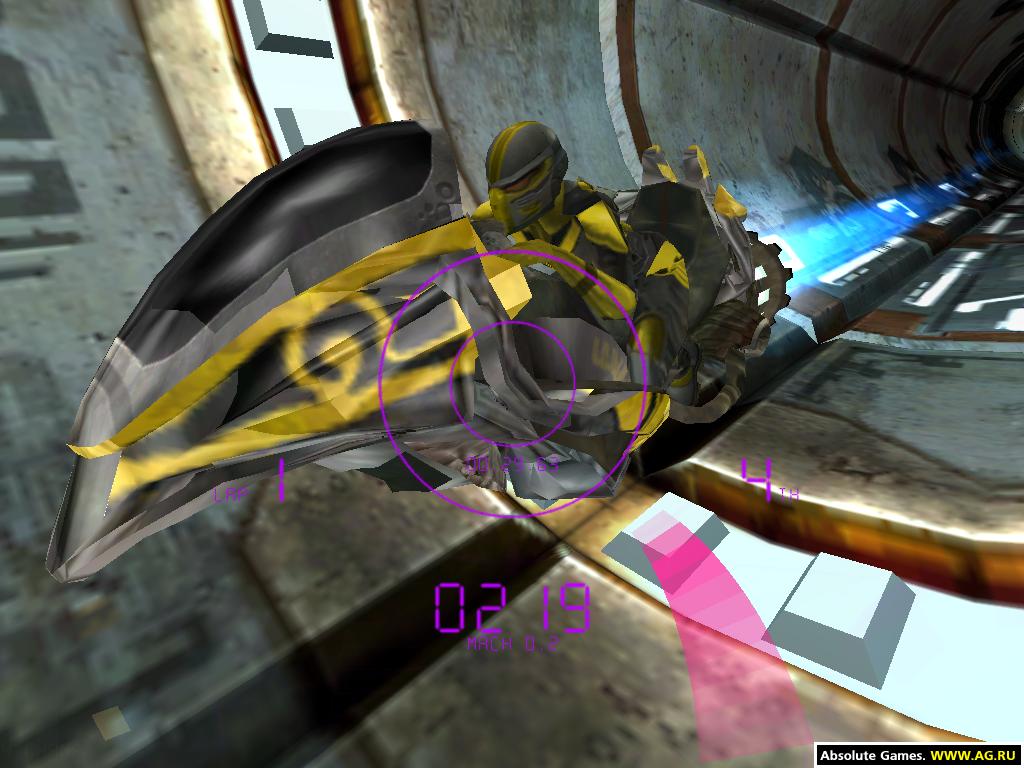
Ballistics
4.7
/5
Metacritic: 71
Oct 1, 2001
Everyone
Genres
Racing
Arcade
Platforms
PC
Linux
System Requirements
Windows
minimum Specs
- CPU: Pentium III 500 MHz
- RAM: 128 MB RAM
- GPU: 3D Graphics Card with 32 MB RAM (DirectX 8.0 compatible)
- Storage: 500 MB available space
- OS: Windows 98/ME/2000/XP
- DirectX: DirectX 8.0
recommended Specs
- CPU: Pentium III 800 MHz or equivalent
- RAM: 256 MB RAM
- GPU: 3D Graphics Card with 64 MB RAM (DirectX 8.0 compatible)
- Storage: 500 MB available space
- OS: Windows 98/ME/2000/XP
- DirectX: DirectX 8.0
About This Game
Ballistics is futuristic racing set in year 2090 across seven different tracks around the globe in various [Rookie, Pro, Ballistics] leagues against other competitors on high-speed hoverbikes.
Success in the game relies on track memorisation, fast reflexes, careful balancing of heat and boost levels, and selecting the right set-up for each track. The game is marked for its pure focus on speed, with speeds breaking mach 3 depending on the players skill. At these speeds the graphics and audio blur and distort, and have been compared with the psychedelic vortex sequence of 2001: A Space Odyssey. Ballistics supports multiplayer gameplay for up to eight players across a LAN or internet.
The player can detach the speeder from the track and navigate down the center in order to avoid track obstacles and to acquire the power-ups exclusively located there. Players must try to follow the outside of each curve, as hitting the inside of a curve at speed could lead to an involuntary detachment, leading to a loss of control and seconds dropped in securing reattachment.
"Needs a sequel using Unreal Engine 4"
Screenshots
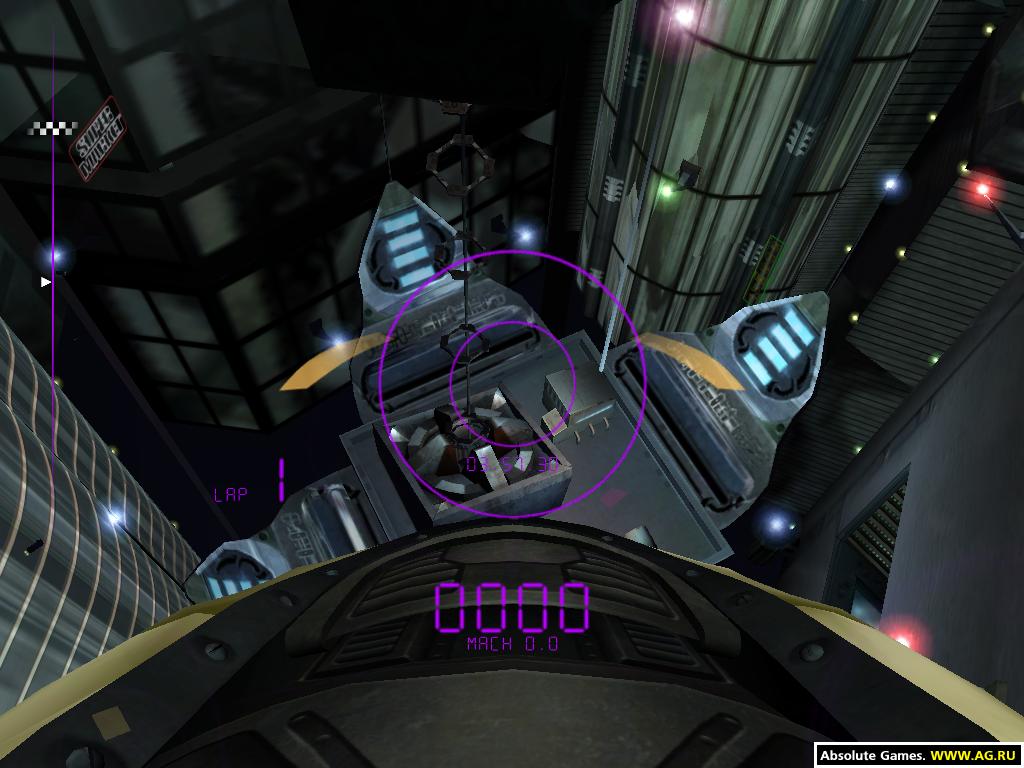
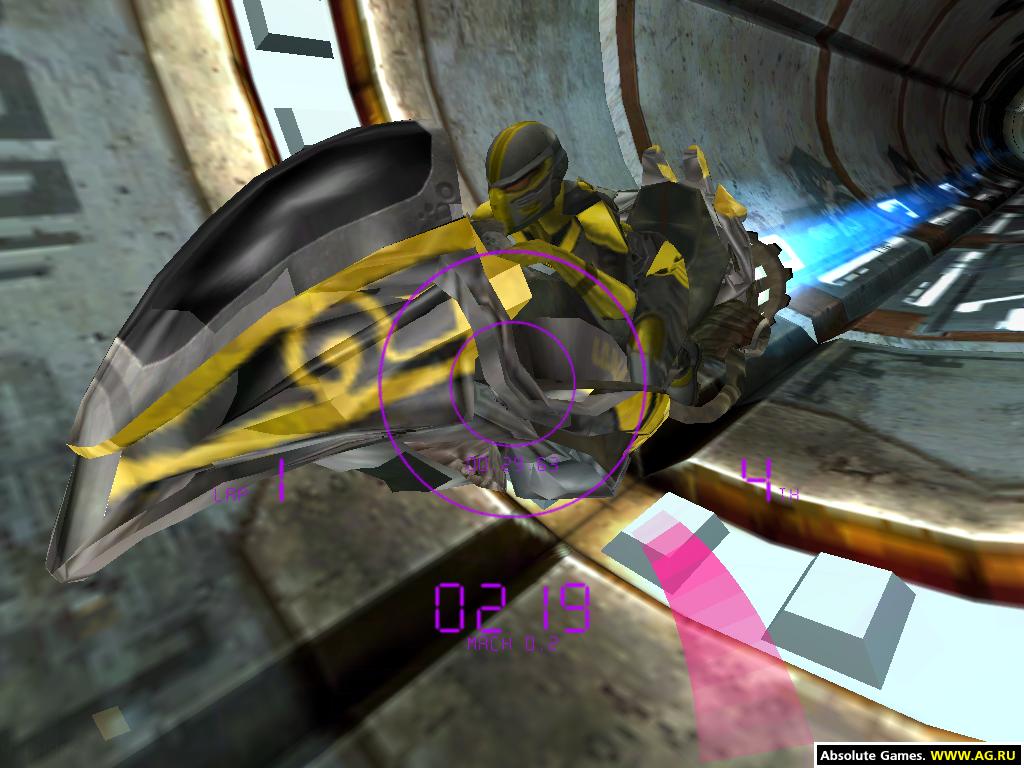
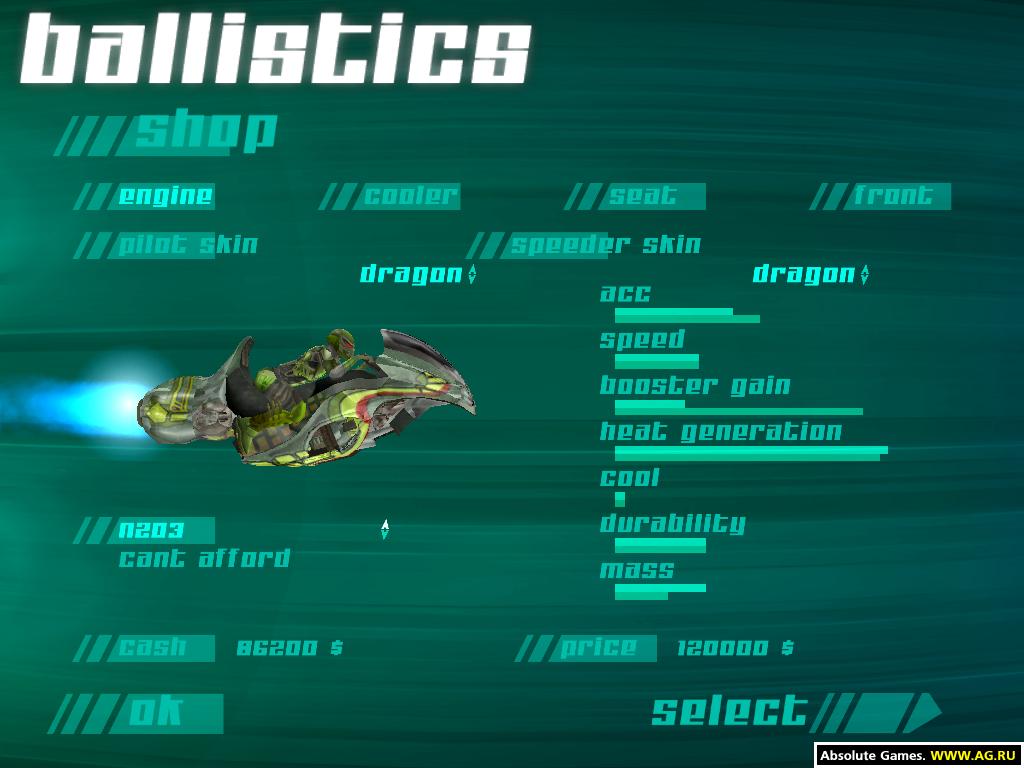

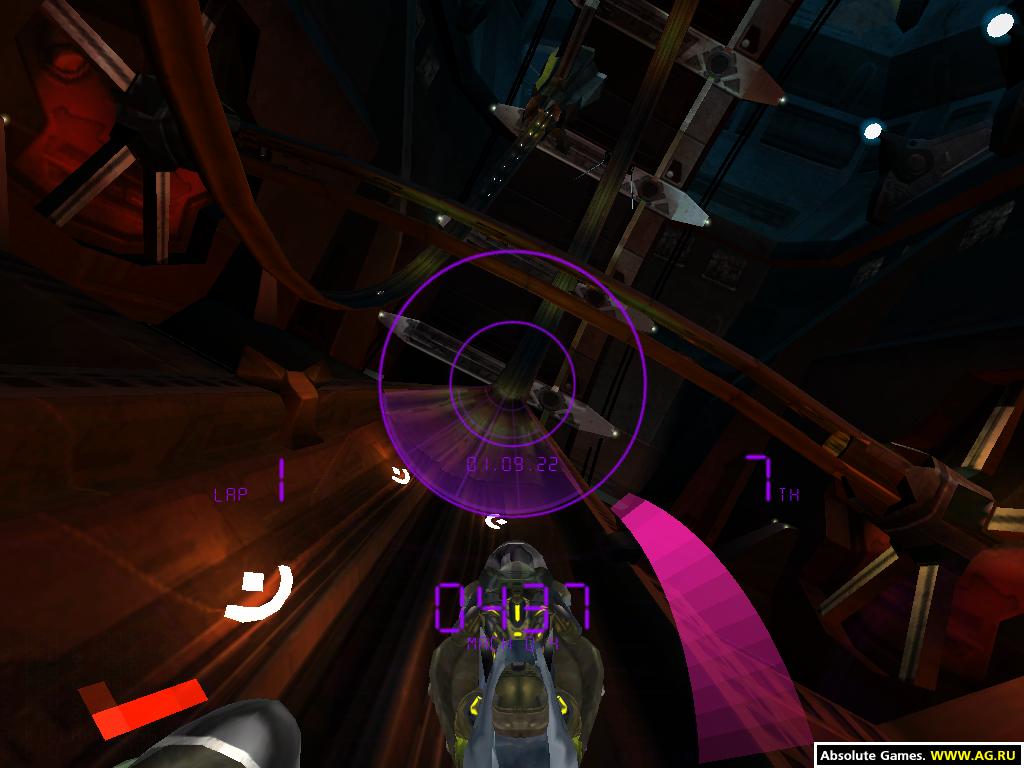
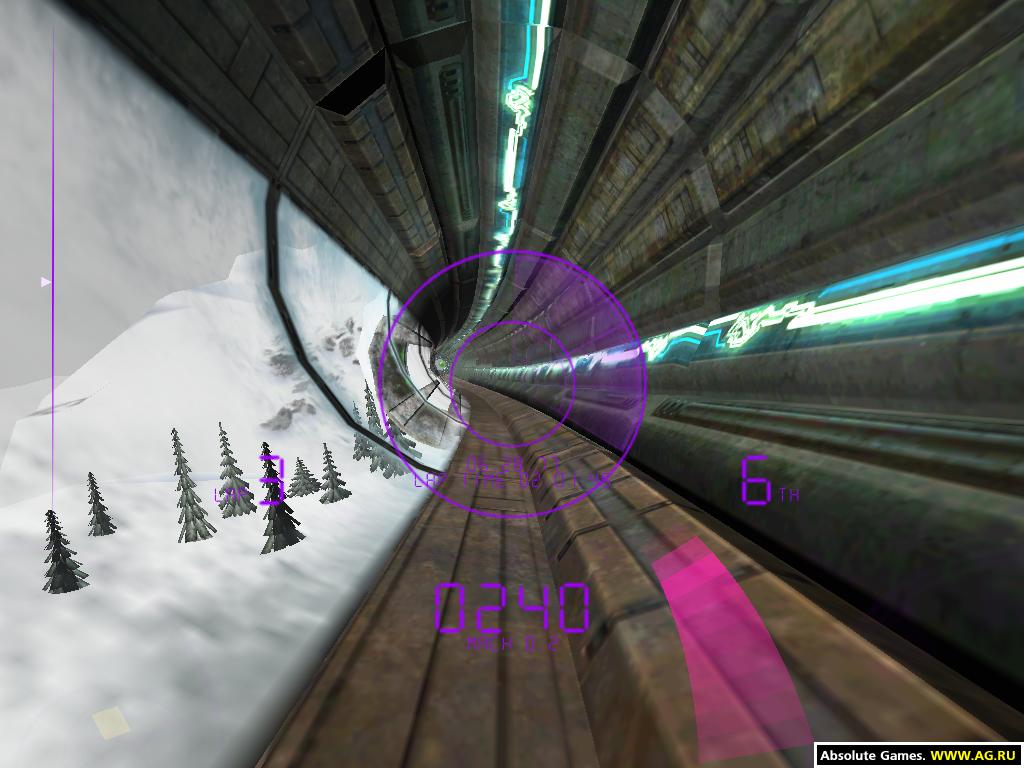
User Reviews (0)
Write Your Review
No reviews yet – be the first!
Related Games

5.0
TENTACLE VAN
May 17, 2024
Adventure
PC, Linux

4.9
The Elder Scrolls VI
TBA
Action
RPG
PC
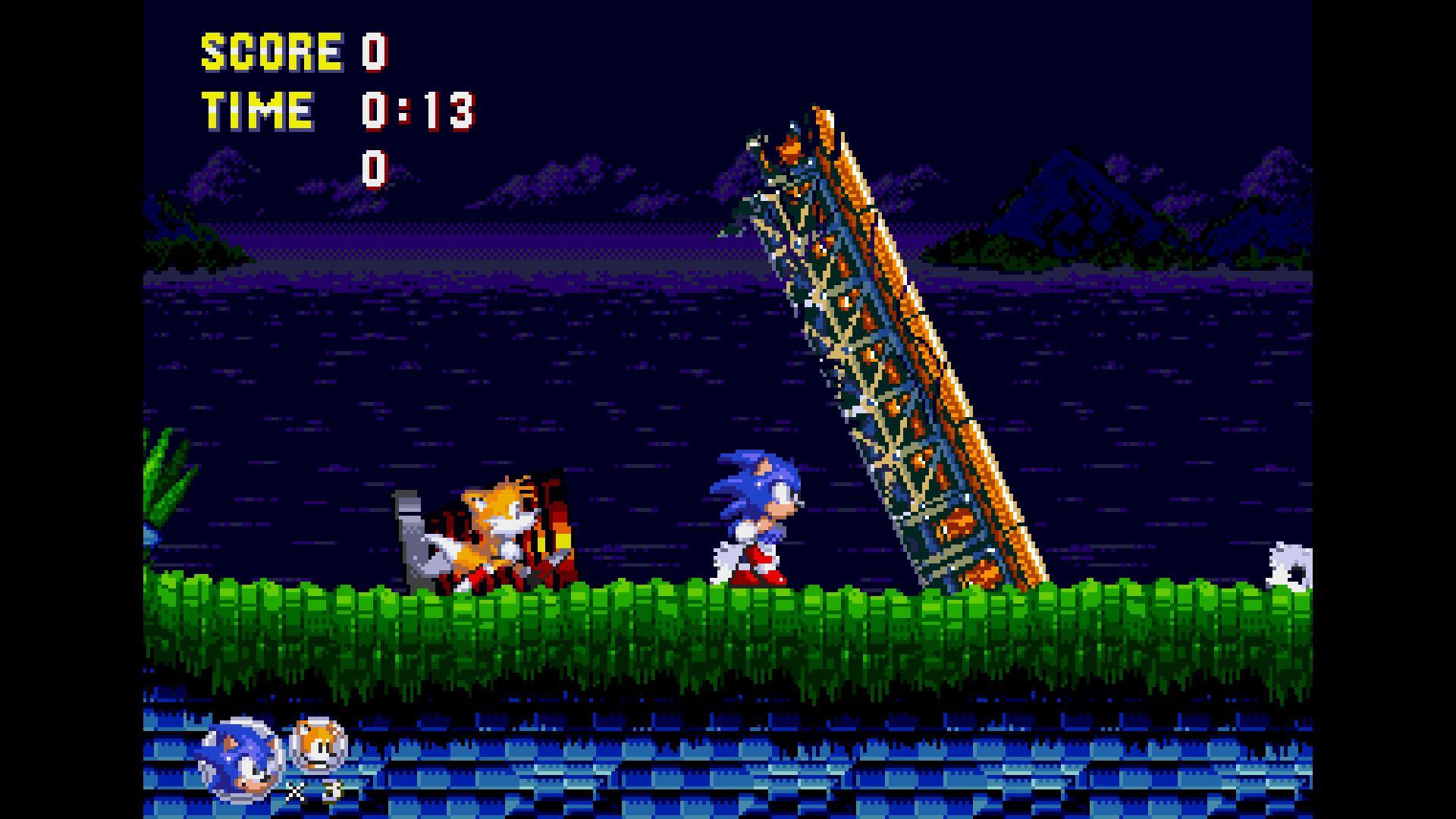
4.8
Sonic Triple Trouble 16-Bit (NoahNCopeland)
Aug 2, 2022
Action
Adventure
PC
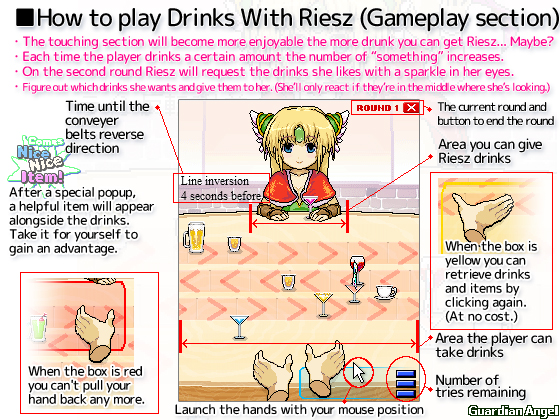
4.8
Osake Riesz
Apr 24, 2018
Casual
PC

4.8
Winter Memories
Jan 5, 2024
Adventure
RPG
PC

4.8
No Case Should Remain Unsolved
Jan 17, 2024
Adventure
Indie
PC
Frequently Asked Questions
What is ballistics?
Ballistics is the science that studies the motion, behavior, and effects of projectiles, especially bullets, rockets, or bombs. It encompasses the entire journey of a projectile from the moment it is launched until it impacts its target.
What are the main branches of ballistics?
Ballistics is typically divided into three main branches: Internal Ballistics (the study of what happens inside the firearm before the projectile leaves the barrel), External Ballistics (the study of the projectile's flight path after it leaves the barrel), and Terminal Ballistics (the study of what happens when the projectile hits its target).
How does rifling affect a bullet's flight?
Rifling consists of spiral grooves inside a firearm's barrel that impart a spin to the bullet as it travels through. This spin stabilizes the bullet, much like a football thrown with a spiral, preventing it from tumbling and ensuring a more accurate and predictable trajectory over longer distances.
What factors influence a bullet's external trajectory?
Numerous factors influence a bullet's external trajectory, including gravity (pulling it downwards), air resistance/drag (slowing it down), wind (pushing it sideways), the bullet's shape and weight, and its initial velocity and spin imparted by the rifling.
What is terminal ballistics primarily concerned with?
Terminal ballistics is concerned with the behavior and effects of a projectile upon impact with its target. This includes energy transfer, penetration, expansion, fragmentation, and the creation of temporary and permanent wound cavities in biological targets, or deformation and damage in inanimate objects.